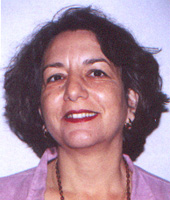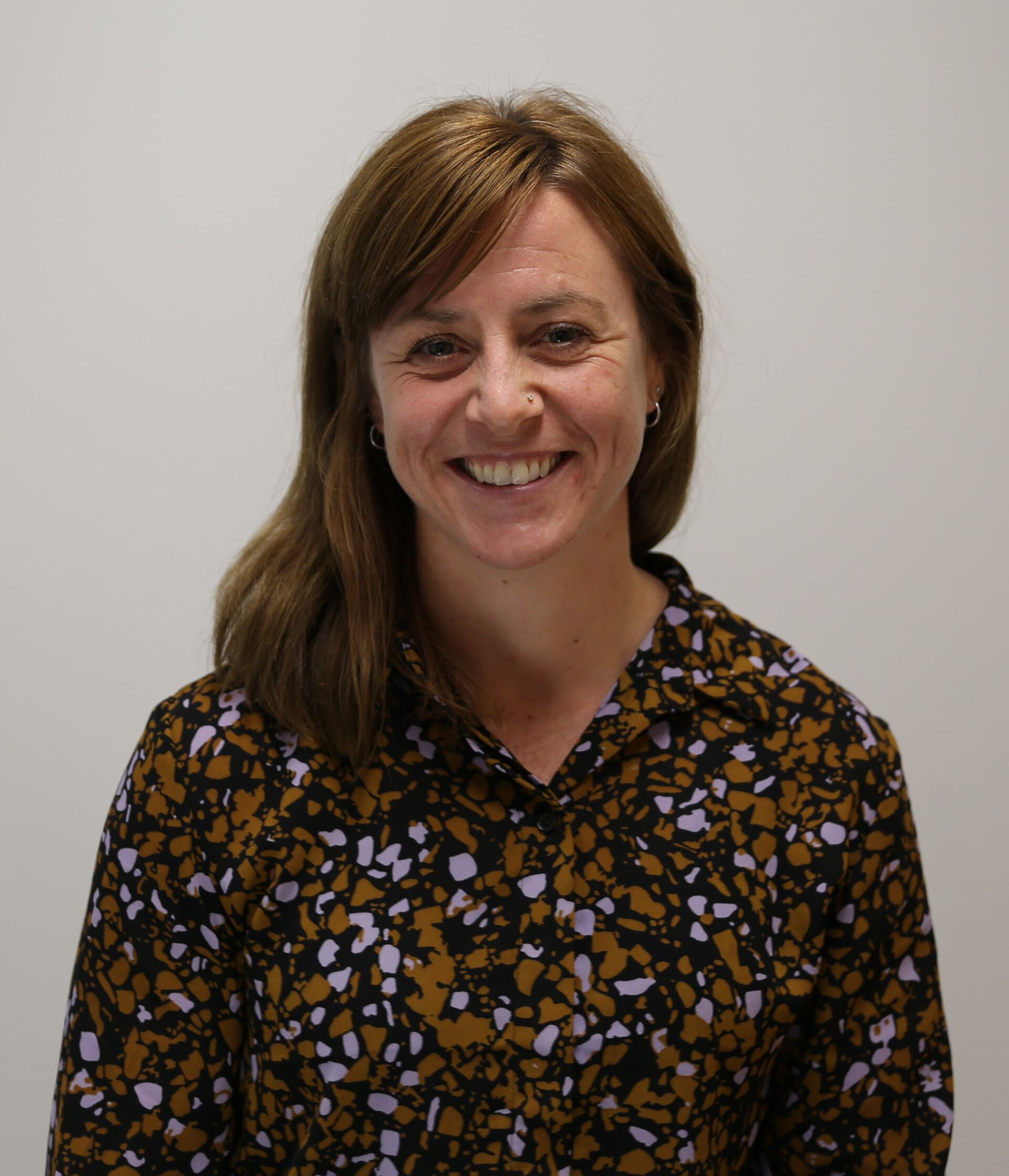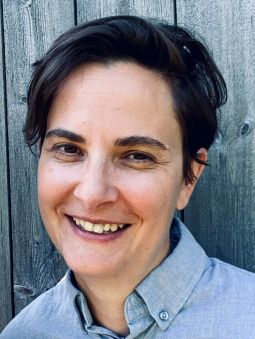A recent white paper on the role of humanities in Norway noted how knowledge of “our own history and culture as well as that of others can open new perspectives, give rise to new concepts and heighten our capacity for creative thinking and critical analysis, including self-criticism.” History in particular has a crucial, critical role in modern society, in particular to challenge “fake news” (Meld. St. 25 2016-2017, p. 8).
In this course, we provide an in-depth exposure to the public role of historians. Lecturers are historians and professionals who work in non-governmental organizations, government or media, and they will share their experiences and perspective in the course. The course offers students an opportunity to explore the contemporary relevance of historical studies and possible professional pursuits beyond academia after completing their PhDs.
Migration Studies as a Case
We will use historical studies of migration to explore how historians may deepen and empower public connection with the past and critically discuss how to achieve this. Historians have and continuously contribute to the public discourse on migration.
Migration has become a large projection-screen against which societies cast discourses about themselves. In the course, migration history and migration studies serve as a prism through which we will analyze societies and their histories. Relevant national and international historians and social scientists who work in the private and public sectors will interact with the students, including by commenting on the writing samples.
Students do not need prior knowledge of migration history.
This course can be taken in conjunction with the “Professional Skills Workshop – Writing for the Public (1 ECTS)” that is also taking place at the University of Agder the same week.
Confirmed teachers:
Prof. Dr. Barbara Lüthi, Institute for North American History, Department of History, University of Cologne. She will serve as the key note lecturer and speak on the topic “The Postcolonial has Moved into Europe: Migration, Bordering and Belonging”
Prof. Em. Saphinaz-Amal Naguib, Department of Culture Studies and Oriental languages, University of Oslo. She will speak on the topic "Museums of Migration: Sharing Fragmented Memories and Diasporic Heritages”
Anette Wilhelmsen, historian and Senior Advisor Evaluation Department, NORAD. Norad - Norwegian Agency for Development Cooperation. Experience as Evaluation Officer of the World Food Program (WFP) in Rome and also as WFP Program Officer in Nepal. She has also worked for the Norwegian NGO Utviklingsfondet (the Development Fund). She will speak on the topic "The Value of Historians in Policy Making and the Public Debate".
Ass. Prof. Christoph Kalter, University of Agder. He will speak on the topic "Migration and the City. Lisbon as a Post-Imperial Capital".
Dr. Corinne Pernet, historian, Head of the Department of International Projects at the Zurich University of Teacher Education, Switzerland. She will speak on "Crossing over From History to (Development) Practice".
Yacoub Cissé, author. He will speak on "Writing for the Public: The History of Africans in Norway".
Ass. Prof. Christa Santina Wirth, Department of Religion, Philosophy and History, University of Agder.





Learning platform:
The learning platform used for this course is Microsoft Teams.
Both the manuscript and reading responses must be uploaded in MS Teams.
The course is digital and will be held in Zoom.
Deadlines:
Registration: August 19, 2021. To apply, please fill out this registration form. We accept applications for PhD students in history and other historical disciplines on a first-come-first-served basis for students of the partner institutions and other members of NRSH. For other applicants, we will offer available spaces after the registration date. There will be five spots reserved for international applicants.
We will assess the applications shortly after the deadline and inform you of the assessment no later than five days after the deadline.
Deadline for writing sample: September 13, 2021
Deadline for reading responses: September 20, 2021
After the course:
Revised writing sample: November 4, 2021 (grading pass/fail)
Contact persons:
Associate Professor: Christa Santina Wirth, University of Agder
Administrative coordinator: Inger Lin, University of Agder
Required work
The course has lectures and sessions with feedback on student papers. We value student-active learning and expect everyone to arrive well prepared and ready to work together. Participants are expected to have read all the writing samples in their group prior to start of the course. The course uses Microsoft Teams as its learning platform. Students may audit courses or take them for credit.
Readings – for everyone: Mandatory reading comprises approximately 200-250 pages. In addition, recommended readings allow for a deeper understanding of the topics discussed. Reading lists and most of the texts are available through links or in MS Teams.
Mandatory writing - for credits: Students write reading responses of 400-600 words for selected course modules in advance of the course. Here the students are expected to make one or a set of observations that they think are worth taking particular note of in the readings. Please consult the course program for detailed information.
In addition, the students compose a writing sample of a suggested length of 2500 words in advance of the course. They may write a shorter or longer text to conform to the normal style/length of the chosen outlet. In the writing sample, the student will deal with a phenomenon that warrants the label “fundamental societal challenge” (migration or a challenge of your choice) and illustrate or discuss how historical studies may be part of mitigating such challenges.
These writing samples are either in the form of (a) a reflection on an existing or planned public exhibition, (b) a historically informed speech for a public event by an imagined public speaker, (c) a policy memo for a government agency or international organization, (d) a lay out of a social media platform, outreach or phone app, (e) a piece of historically-informed journalism for a newspaper magazine (f) a web article for a database such as Norgeshistorie.no or snl.no. At the top of the writing sample the author must declare the audience which the writer seeks to engage and the imagined medium for the writing sample. We appreciate it if the student includes images if such are commonly used in the chosen format.
The writing sample is to be uploaded to Teams two weeks in advance of the course. The reading responses is to be uploaded one week in advance. After the course, the writing sample must be revised and resubmitted by November 4th, 22h, 2021. The grading will be pass/fail.
Partner institutions of the Norwegian Graduate School in History are:
Norges teknisk-naturvitenskapelige universitet (NTNU) - Det humanistiske fakultet
Universitetet i Agder - Institutt for religion, filosofi og historie
Universitetet i Bergen - Institutt for arkeologi, historie, kultur- og religionsvitskap
Universitetet i Oslo - Institutt for arkeologi, konservering og historie, Universitetet i Oslo
Universitetet i Tromsø - Institutt for arkeologi, historie, religionsvitenskap og teologi
Nord Universitet - Fakultet for samfunnsvitenskap
Høgskulen i Volda - Samfunnsfag og historie
Handelshøyskolen BI - Institutt for rettsvitenskap og styring


